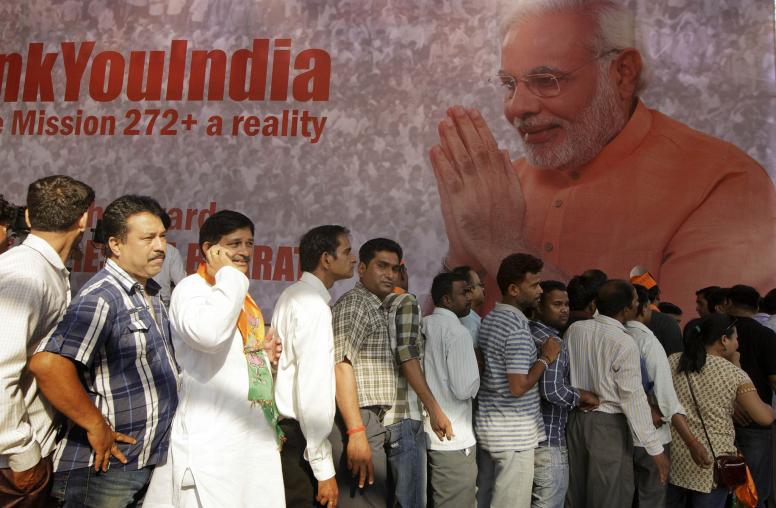State Control of the Media in Croatia
Mr. Damir Matkovic, HRTV foreign affairs editor and president and a founder of Forum 21, an association of electronic media journalists within the Croatian Journalists' Association, spoke at the Institute on Wednesday, November 18, on the subject of "State-Controlled Media in Croatia." He presented, in particular, the broadcast media issues that the one-year-old Forum 21 was created to address. Members of the forum publicly declare their conviction that "true, objective and timely information is the foundation of the journalistic profession and ethics, and that free and responsible journalism is one of the fundamental conditions for further development of the Republic of Croatia into a democratic European state."
Television, and, particular, the state-run HRTV—Croatia's largest television station—is the primary vehicle for news and information (only 8 percent of Croatians buy a daily newspaper, while 74 percent state that TV is their most important source of information), Matkovic reported. In portraying the government monopoly on the media, he described TV news as tailored to fit the president's tastes, observing all black lists and other forms of censorship. Despite the appearance of numerous small local television stations—pointed to as evidence of pluralism and diversity—in reality these stations are merely clones of state TV—with nine of eleven stations controlled by elements close to the government. Forum 21 has taken the lead in arguing that more genuine local stations should exist and that they should have autonomy to cover local news and local culture.
Matkovic noted that HRTV represents a major revenue source to the government through its advertising. Although Croatia's advertising market in general is small, $60 million dollars a year, 80 percent of it goes to television, primarily to HRTV. In fact, HRTV is among the twenty largest industries in Croatia. As a result, said Matkovic, financing and cash flow are not issues with HRTV as with other Croatian media; nor does it display sound financial management or an incentive to enforce financial discipline (two hundred and fifty company autos were purchased last year).
Matkovic laid out three possible directions for Forum 21 to take in the immediate future: (1) remain a catalyst for change through public debate of key issues; (2) push for media privatization, commercialization, and independence; (3) become a political party that advances media reform. He believes that because of its members high standing within the media community, Forum 21 is most useful as a catalyst for change rather than the tool of change. Neither the commercial nor the political prospects are eminent enough for the group to make a measurable difference, especially compared to the changes that they are positioned to make in the prevailing climate of Croatian public opinion.
Speakers
- Damir Matkovic
HRTV Foreign Affairs Editor, President and co-ounder of Forum 21
Media Inquiries
Please contact Ian Larsen (+1.202.429.3870) or Lauren Sucher (+1.202.429.3822) in the Office of Public Affairs and Communications.





